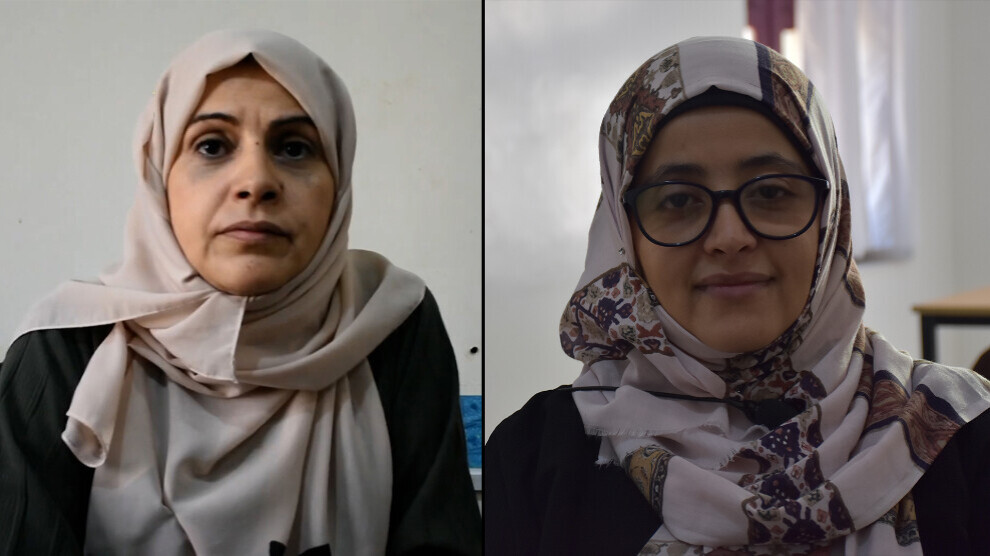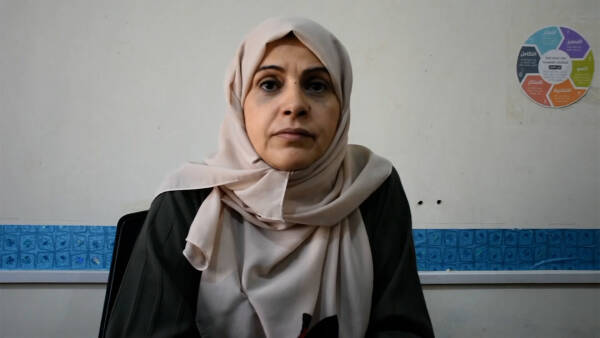Yemeni Women Condemn Violations Committed in Al-Fasher
The conflict in Sudan has turned into a horrific humanitarian tragedy, with civilians—especially women and children—facing grave violations and deadly famine, amid urgent international calls to save Al-Fasher and stop crimes that have surpassed all laws.

Rania Abdullah
Yemen — Sudan has witnessed some of the most atrocious crimes in its ongoing conflict since 2023, marked by severe violations against civilians, especially women and children. The most horrific of these took place in Al-Fasher, the capital of North Darfur State, located in northwestern Sudan.
According to reports from human rights organizations and the United Nations, Al-Fasher has witnessed serious violations and crimes against civilians, including mass killings, rape, systematic sexual violence against women and girls, as well as looting, burning, siege, and severe shortages of food and medicine.
The United Nations reported that more than one million people have fled Al-Fashir since the beginning of the conflict, while about 260,000 civilians—half of them children—remain trapped without any assistance. The International Organization for Migration stated that 36,000 more people fled Al-Fashir during the first three days after the Rapid Support Forces took control of the city, walking on foot toward Tawila, Mellit, Kabkabiya, and other destinations. Many of them arrived wounded, starving, dehydrated, and carrying with them stories of horror, violence, and loss of loved ones.
Widespread Condemnation
The world watches in fear and concern the violations occurring against civilians in Al-Fashir, especially women and children. Yemenis—both men and women—expressed their deep shock and anger over these grave violations, calling on the international community to intervene immediately and save civilians there.

Amal Al-Shumeiri stated that what is happening in Sudan cannot be described as a political conflict between rival parties but rather as “a purely criminal act.” The brutal practices committed against women and children, she said, have surpassed anything known in previous wars, becoming more like heinous crimes than conventional warfare.
“Unfortunately, the conflict in Sudan has gone beyond all international laws and disregarded even the most basic human rights of children and civilians in general. The world will never forget the violations that took place in Sudan,” she said.

Community activist Dalia Mohammed added, “The crimes and violations we are witnessing in Sudan are heinous acts committed against women and civilians. The warring parties must adhere to international laws and spare civilians the horrors of this conflict.”
She explained, “What we see—burning, sniping, deliberate killings of civilians, and field executions—compels us to condemn these crimes and demand a serious and immediate international response to these violations.” She added, “We are witnessing terrifying scenes of civilians, women, and children.”
Dalia Mohammed also called on the international community, relevant authorities, and human rights organizations to take urgent and serious action to assist and protect women: “There must be a strong feminist voice demanding justice for the women who have been violated.”
Famine and Violations

Meanwhile, Amira Mohammed, a member of the Wahj Feminist Coalition, said that “the crimes taking place in Sudan violate all international standards and laws, and the countries funding and supporting the warring parties are complicit in these crimes.”
The Food and Agriculture Organization (FAO) and the United Nations Children’s Fund (UNICEF) warned that the latest analysis of food insecurity and malnutrition in Sudan reveals stark disparities along conflict lines, as famine has begun spreading in war-affected areas cut off from humanitarian aid and under siege.
Humanitarian agencies called for “an end to hostilities and the assurance of safe, unrestricted, and sustainable humanitarian access,” emphasizing that this is “crucial to prevent further loss of life and to protect livelihoods.
